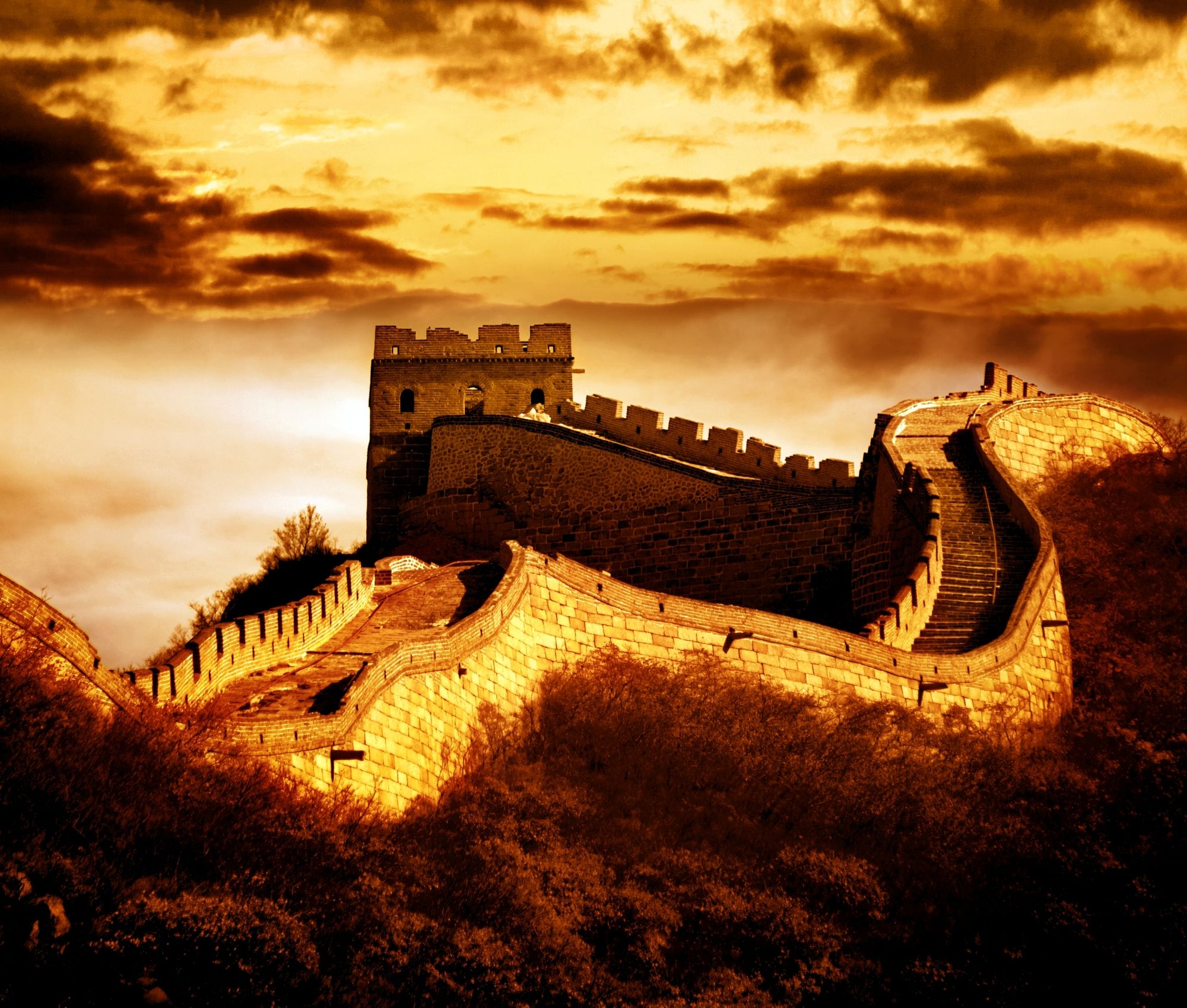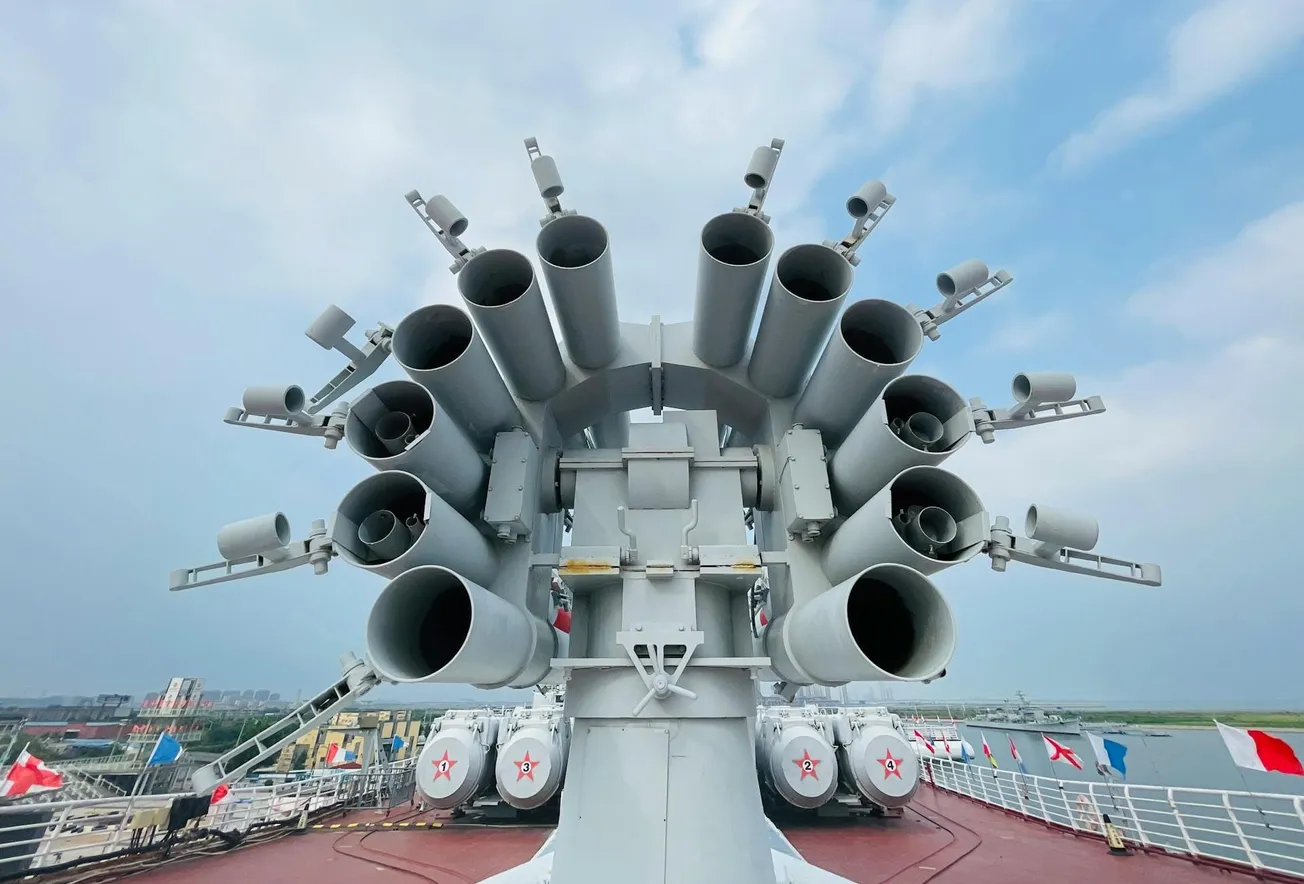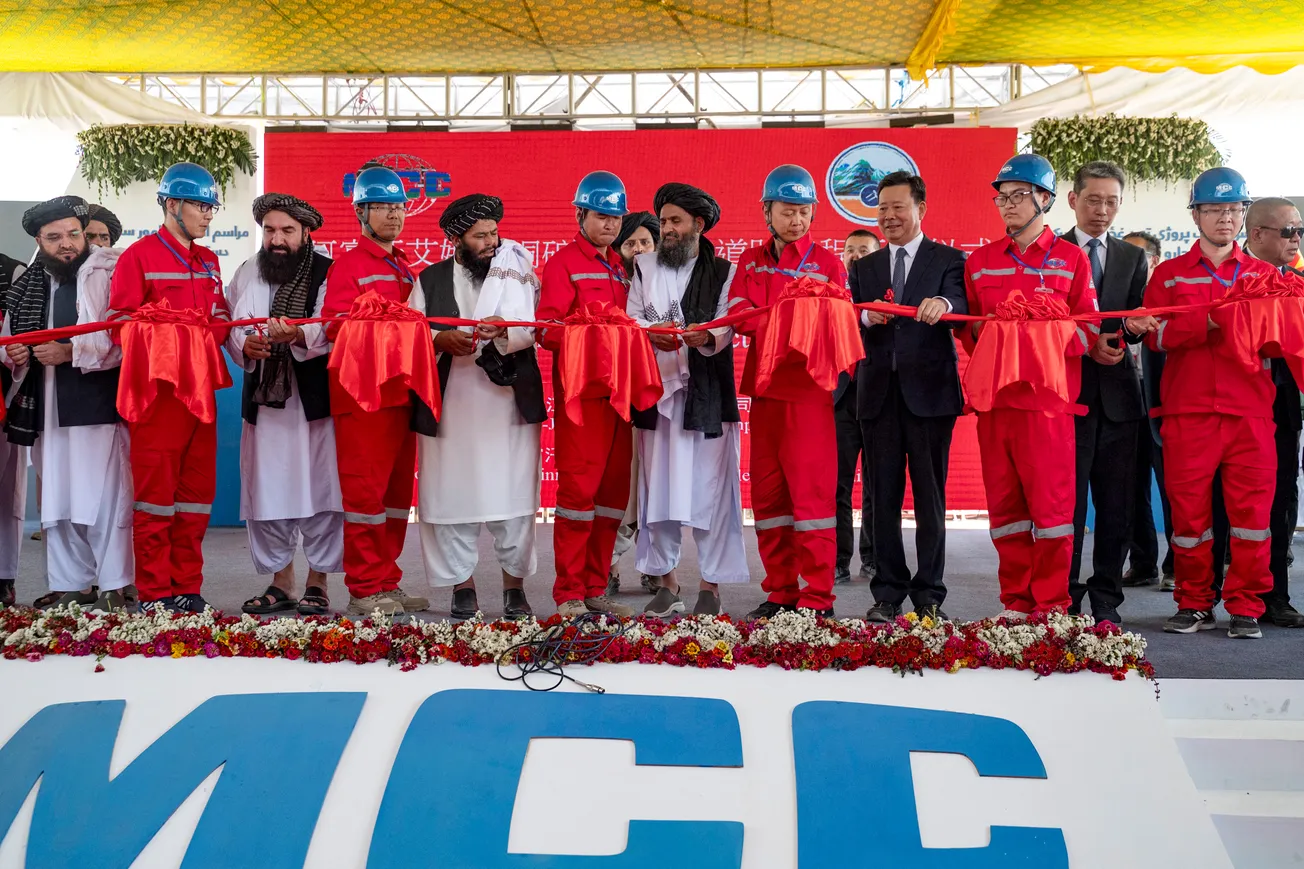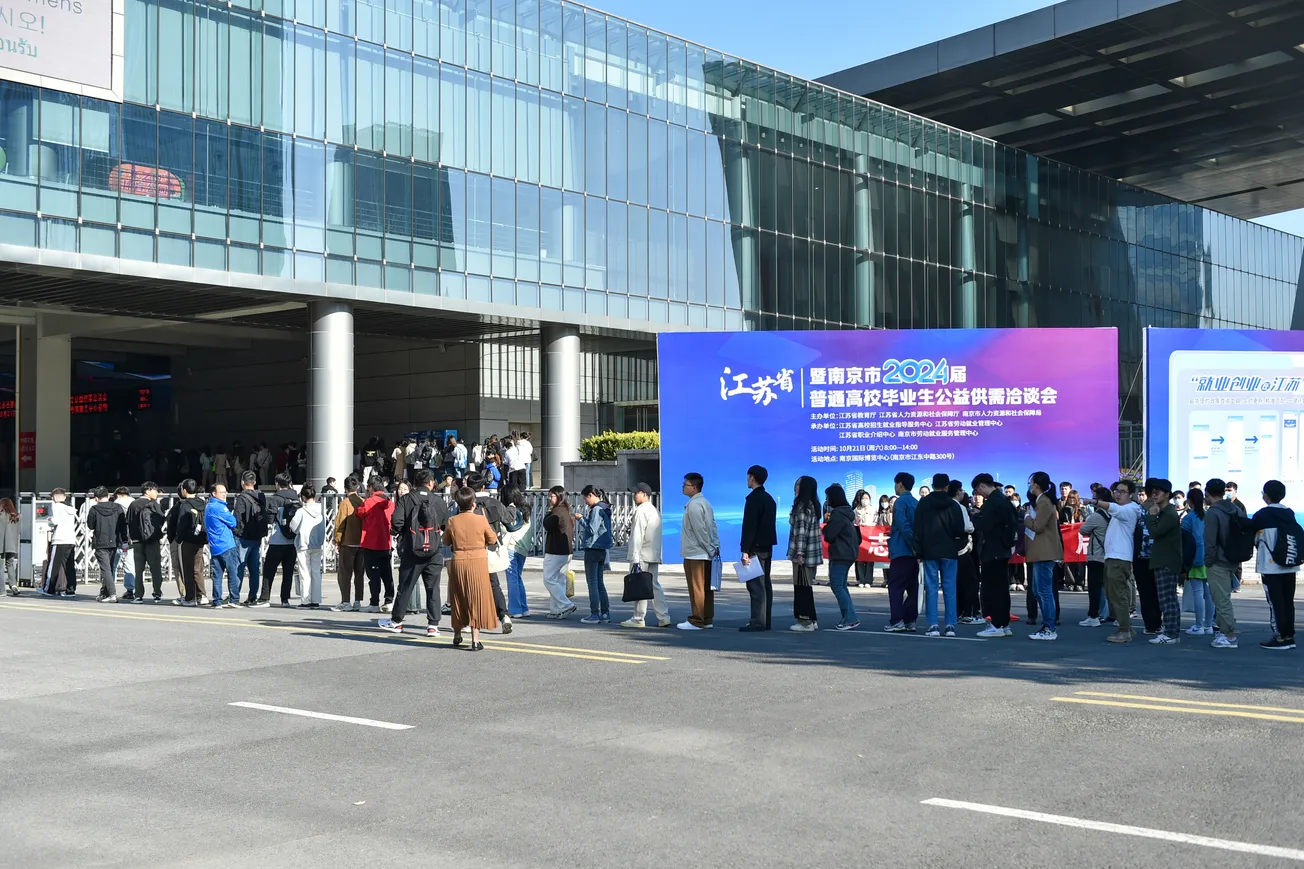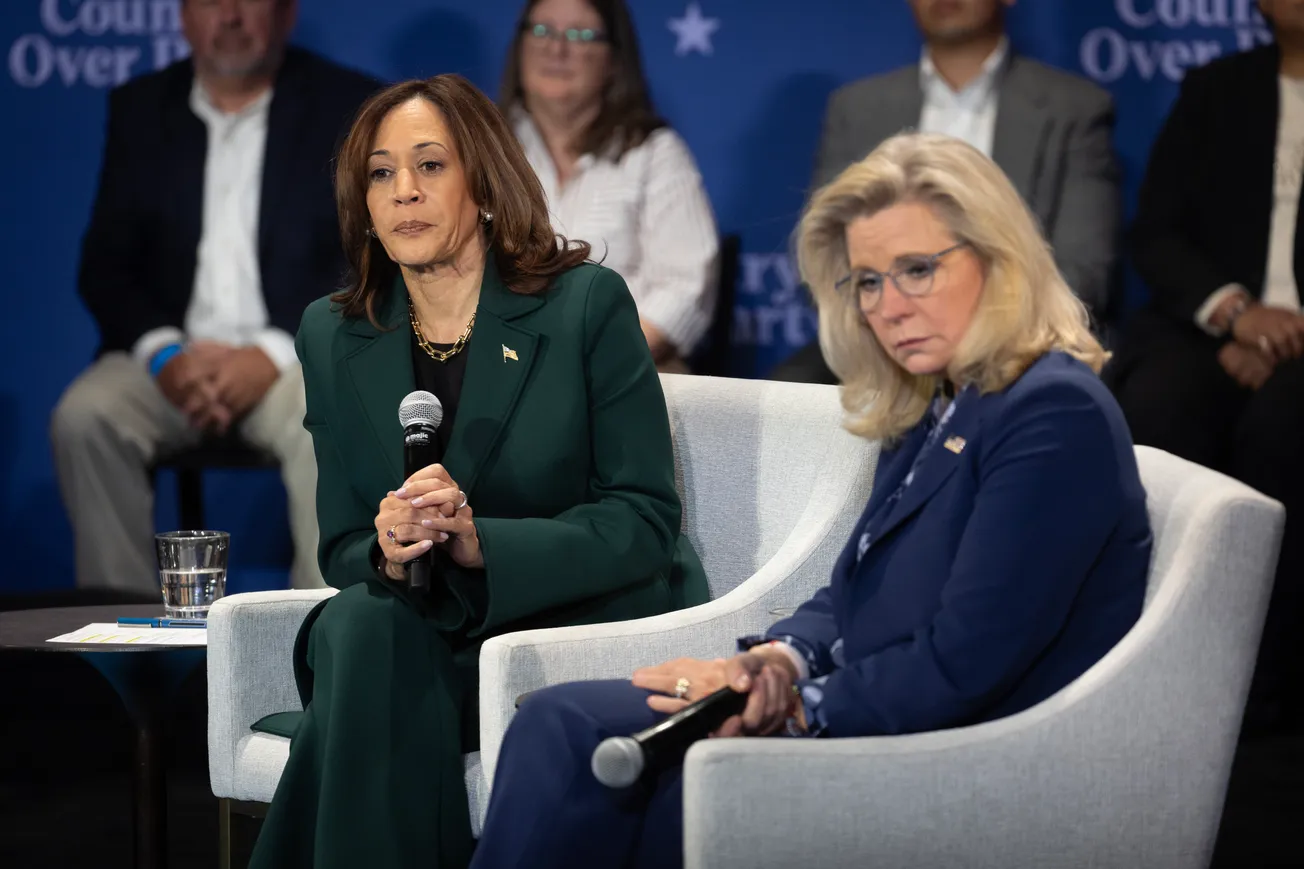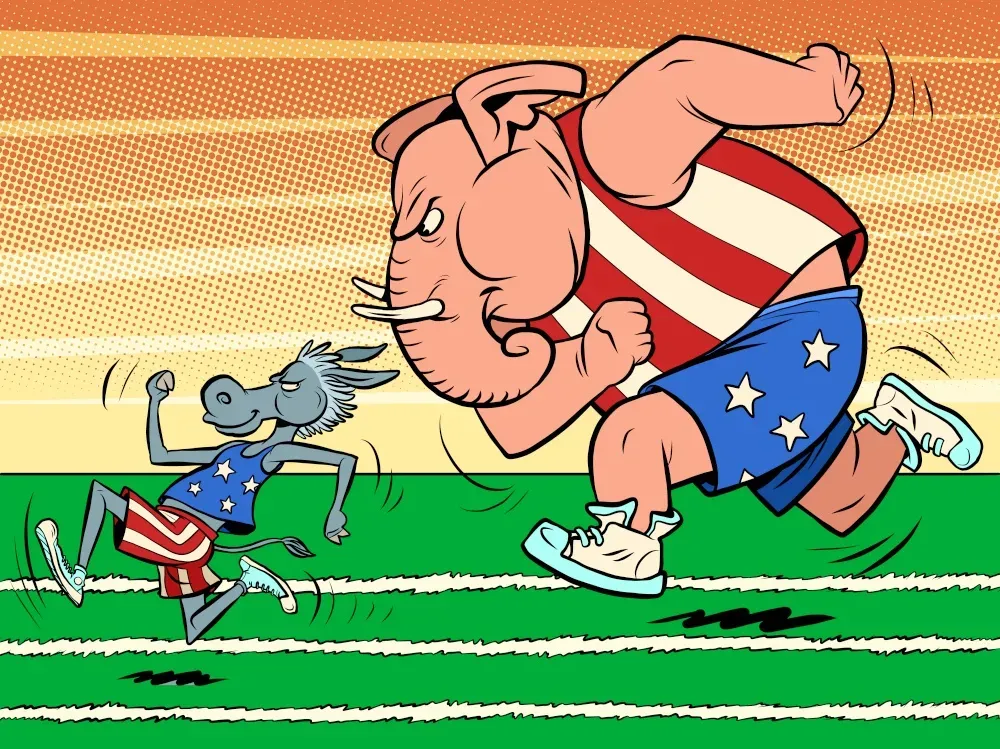Hong Kong brings to mind Jackie Chan, high-rises, and pocket-friendly shopping to most Americans. For a country just six times the size of Washington, DC, Hong Kong does garner a lot of international attention in political circles. It is mainly due to its 'parent' country and its unorthodox government resulting from its eventful history.
As part of our China series, the TIPP Poll asked Americans how they felt about China's handling of its Special Administrative Region, Hong Kong. A small minority, 20%, approved. Almost half, 45%, disapproved, and 13% were undecided. But, close to a quarter of our respondents, 22%, said they were not familiar with the issue.
A majority of Republicans (58%) and one-half of Independents (50%) disapproved China's handling of Hong Kong. One-third (33%) of Democrats disapproved. Similar shares of conservatives( 46%), moderates (48%), and liberals (44%) disapproved. We see a high level of unfamiliarity across party-lines and political ideologies.
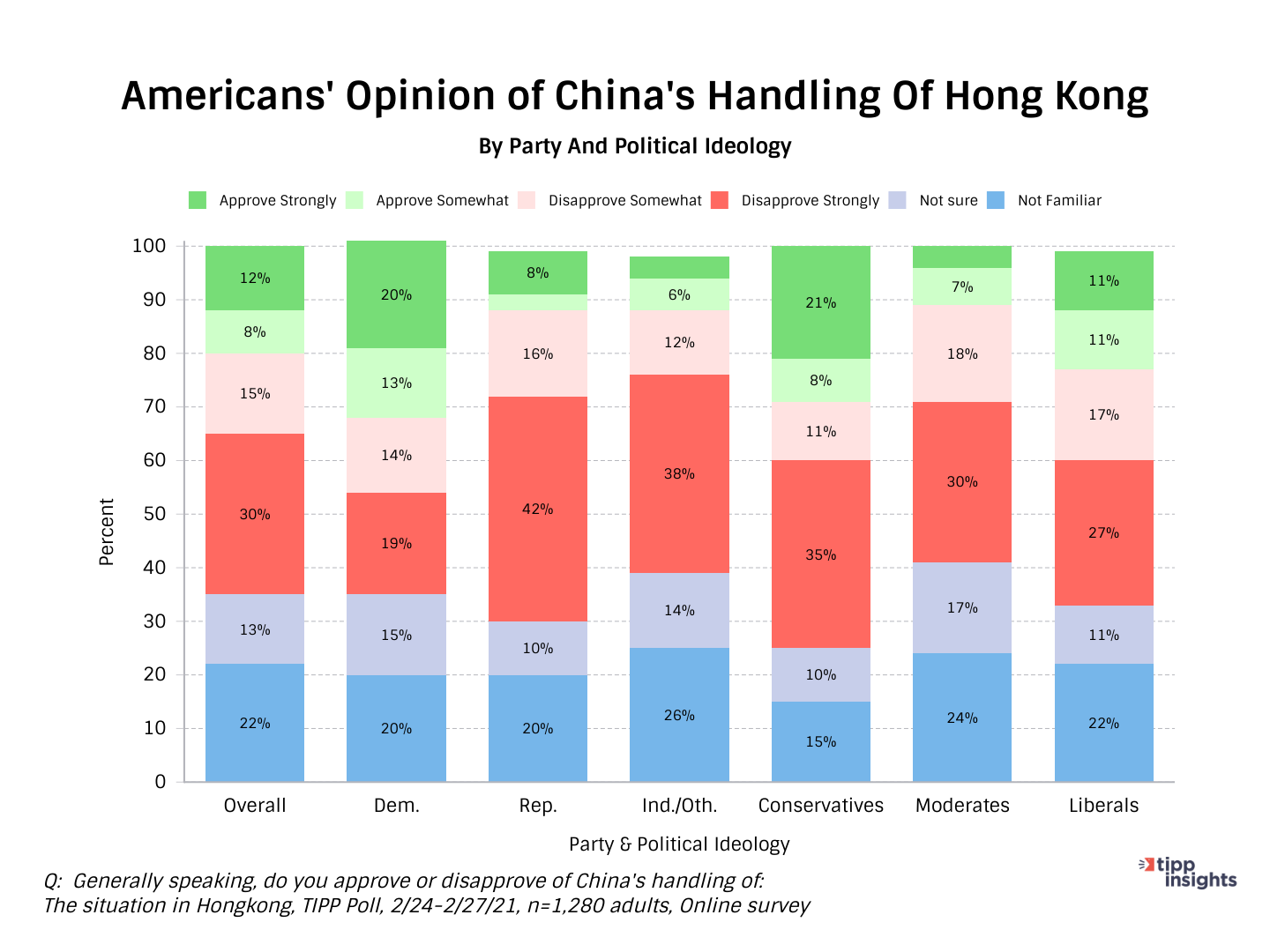
For the benefit of our readers, we are providing a brief history of Hong Kong, its economy, tensions between Hong Kong and the People's Republic of China, and the political situation.
The Land And People
Hong Kong is surrounded by the South China Sea, except its north, where it borders China. Hong Kong Island, the Kowloon Peninsula, the New Territories, Lantau Island, and over 200 other islands make up the territory.
The region is home to around 7.5 million people, with an estimated 6690 persons per square kilometer. Official languages are Cantonese and English.
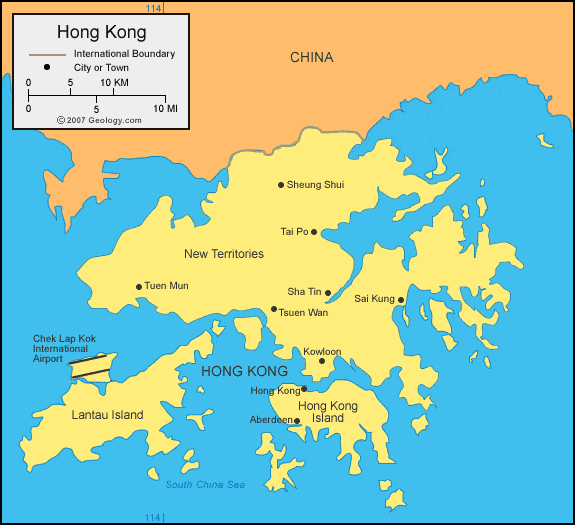
A Brief History
It is believed that the area has been inhabited since the Stone Age. For most of the past two hundred years, the region has remained under an imperialist power. First, the Qing dynasty ceded it to the British in 1842 to end the First Opium War. After winning the Second Opium War less than two decades later, Britain acquired the Kowloon Peninsula. In 1898, the imperialist power leased the New Territories from the Chinese for 99 years. But for the brief period of Japanese occupation during the Second World War, Hong Kong remained a British colony for over 150 years.
Before handing back the Chinese territory, the UK negotiated a treaty with the communist power - the Sino-British Joint Declaration, in 1984. The treaty declared that China would regain sovereignty and administrative control over the region and take over its foreign and defense affairs. Simultaneously, the free-enterprise capitalist economy will remain largely untouched for the next fifty years, i.e., until 2047. Hong Kong's Basic Law, its constitutional document, was to ensure its high degree of autonomy, facilitating an independent and separate Executive, Legislature and Judiciary, with a Chief Executive as its head. Referred to as the 'One Country; Two Systems' doctrine, the idea was that Communist China would allow a Capitalist Hong Kong to continue business as usual.
On July 1, 1997, the official handover occurred when Hong Kong became a Special Administrative Region (HKSAR) of the People's Republic of China.
Economy
The communist revolution in China, in 1949, is mainly responsible for the revival of the Hong Kong economy and its subsequent boom after WWII! The capital and refugees fleeing the Communist government on the Chinese mainland turned the region into a manufacturing hub.
Hong Kong is currently ranked as the world's 35th largest economy, and its Stock Exchange is the world's seventh-largest stock exchange and the tenth-largest trading entity. The busiest international cargo airport and one of the world's busiest ports are located here. At present, the region is one of the financial and commercial nerve centers of the world economy. Thanks to its common law system and minimal taxation, the city is home to the second-highest number of international corporate headquarters in the Asia-Pacific region.
After China began to open up its markets in 1978, transport and trade have steadily increased between the two entities. The Closer Partnership Economic Arrangement is a further boost to free trade between the two. Chinese companies now enjoy a significant presence in the HKSAR. The region also facilitates access to FDI and the stock markets on the Chinese mainland.
America enjoys its single largest trade surplus with Hong Kong. The US exports food items, gems, aircraft, and machinery. More than a thousand American firms operate in Hong Kong. It is also one of the biggest Foreign Direct Investors in the region.
Hong Kong Post-1997
Despite the signing of the Sino-British Joint Declaration, approximately 500,000 Hong Kong residents emigrated to other countries before the city's official handover to the People's Republic of China. Though HKSAR still enjoys many freedoms unheard of on the Chinese mainland, its residents and the international community believe that the Communist government's successive policies are steadily eroding these. The belief is given credence by reports such that of China's foreign ministry spokesperson referring to the Joint Declaration 'as a historical document, no longer has any practical significance.'
Since Hong Kong has been a British colony for over a century and a half, many Hong Kong residents do not identify as Chinese and prefer to be Hong Kongers. The multi-party region is divided mainly into two groups: pro-establishment supporters of Beijing's government and pan-democrats who favor democratic reforms. The pro-establishment section has enjoyed an upper hand in politics, but support for the pro-democracy group has gained ground among Hong Kongers.
Only a small minority of the population desires a full democracy or independence. In the 2017 elections, only candidates vetted by a Beijing-appointed nominating committee were allowed to contest. Such actions have prompted mass protests and calls for a more democratic process in the region.
Protesters have taken to the streets in large numbers whenever the region's autonomy is threatened. In 2003, demonstrations and rallies compelled the authorities to roll back a security bill and abandon plans for 'patriotic education classes.' Following violent public protests in 2019, the government was forced to withdraw a bill that facilitated extraditions to mainland China. The rising dissent among the population has prompted the Chinese government to crackdown on pro-democracy activists, critics, human rights advocates, lawmakers, and anyone the regime considers its detractor.
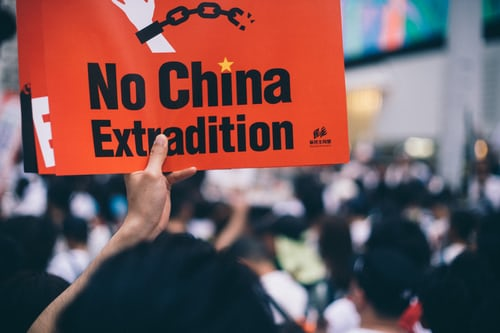
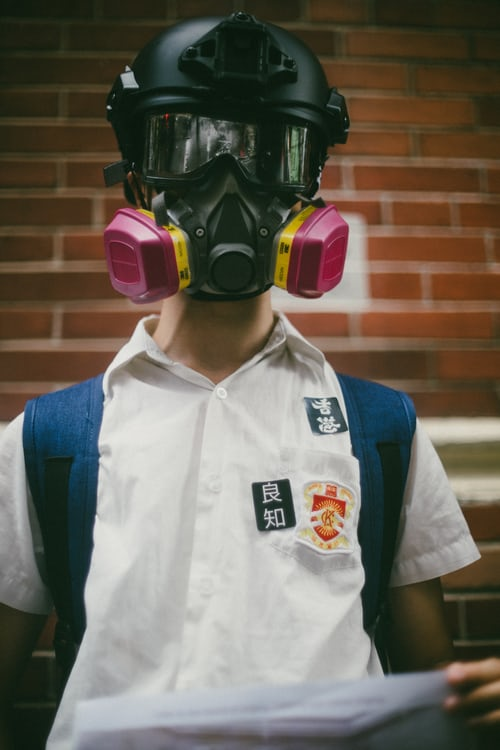
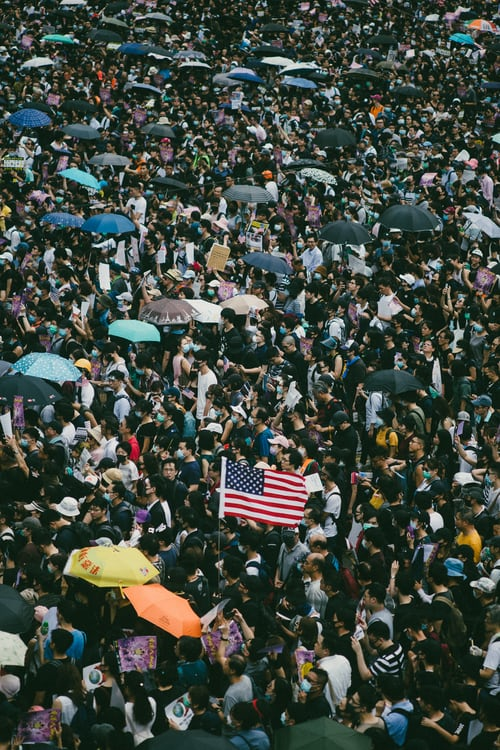
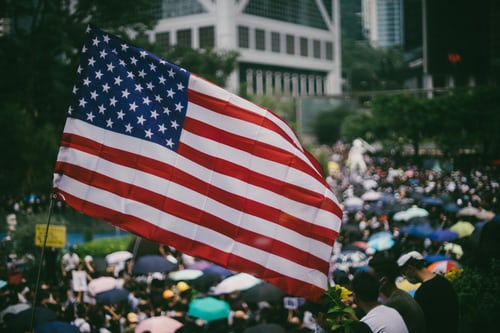
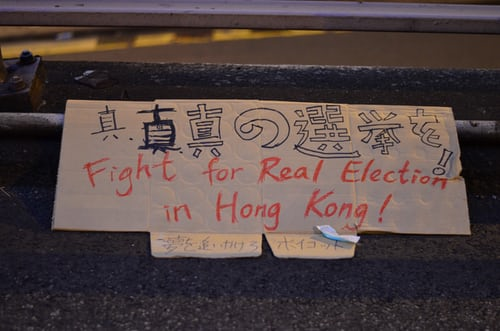
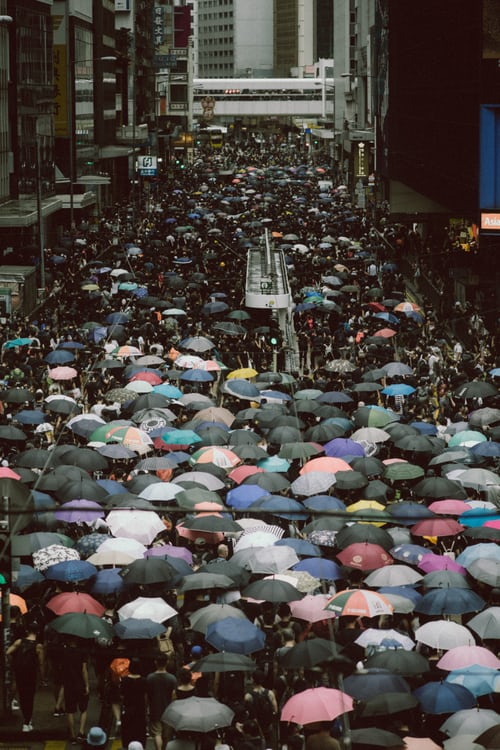
On June 30, 2020, Beijing imposed the national security law in HKSAR in its boldest move to date. Many consider it the 'end of Hong Kong.' Broadly, the law criminalizes any act of secession, subversion, terrorism, and collusion with external forces. Critics opine that it gives the Chinese government sweeping powers to stifle protests or any activity that it deems will 'destabilize' the region, effectively curtailing freedom of speech. This move has prompted thousands to flee Hong Kong in the last few months alone.
International Response
Beijing's latest move has drawn intense criticism from around the world. On July 14, 2020, the US President's Executive Order on Hong Kong Normalization' suspended or eliminated special and differential treatment for Hong Kong' and imposed sanctions on China. Several countries suspended their extradition treaties with Hong Kong. The UK opened its doors to three million Hong Kongers, offering them a chance to apply for citizenship.
Many Multinational Corporations (MNCs) and banks operating in the region have expressed alarm over the turn of events. Several are considering relocating to other Asian cities like Tokyo or Singapore.
Yesterday, the US has sanctioned 24 Chinese officials in connection with Beijing's ongoing crackdown on dissent in Hong Kong. The new sanctions highlighted its "deep concern" about China's efforts to undermine Hong Kong's electoral system.
Conclusion
While everyone has benefited from the special status accorded to HKSAR, demands for democracy calls for transparency, mass public protests, and international support for these are irritating to the Communist regime in China. Beijing's actions are seen as reneging of promises by many. China, it seems, would like to maintain the region's commercial profile while curtailing its freedoms.
About The Survey
TechnoMetrica conducted the online survey from Feb 24 to Feb 27; the nationwide study had a sample of 1,280 Americans, 18 or older. TechnoMetrica’s network of panel partners provided the study sample. Upon the study completion, TechnoMetrica weighted the study dataset by gender, age, race, education, and geographical region to mirror known benchmarks such as the U.S. Census. The credibility interval (CI) for the survey is +/- 2.8 percentage points, meaning the study is accurate to within ± 2.8 percentage points, 19 times out of 20, had all Americans been surveyed.
Photo credits: Joseph Chan, Amateur photographer from Hong Kong, currently based in Hong Kong
Raghavan Mayur edited this story
You Might Also Like
